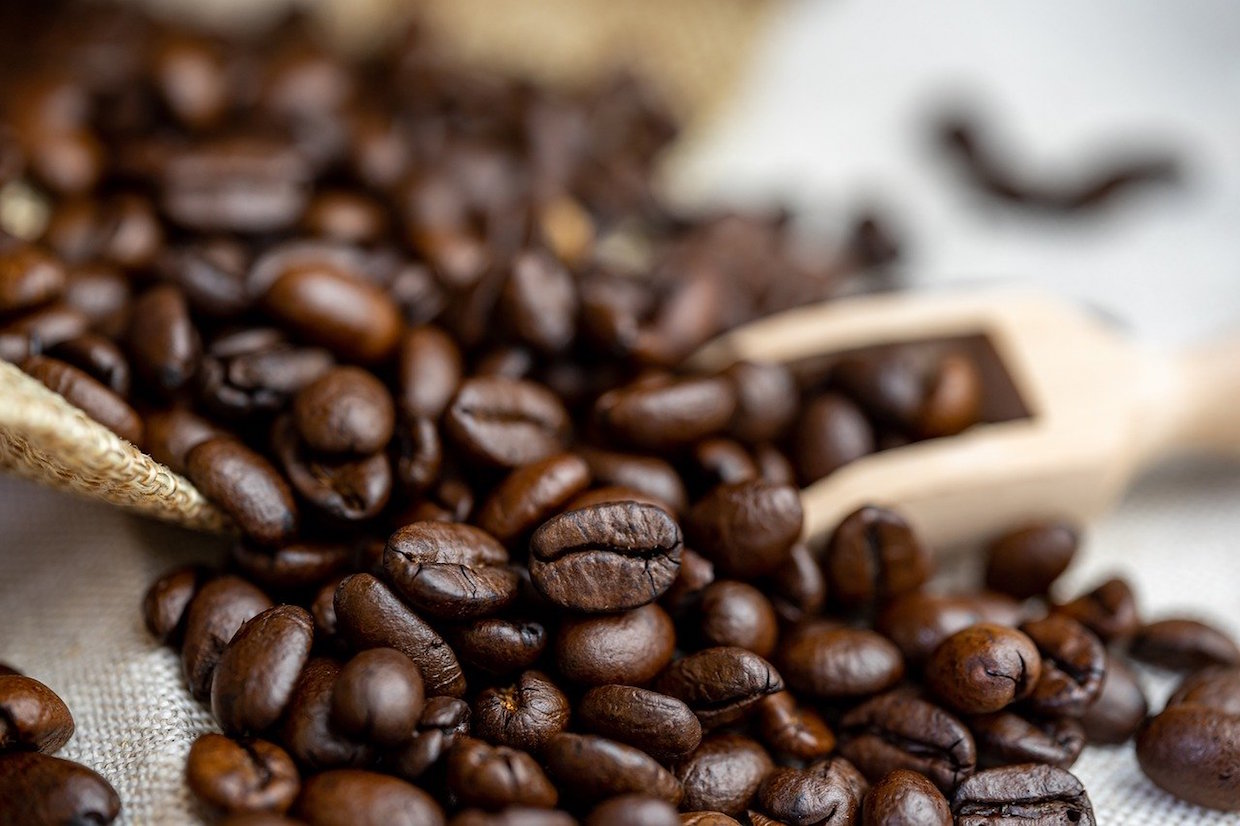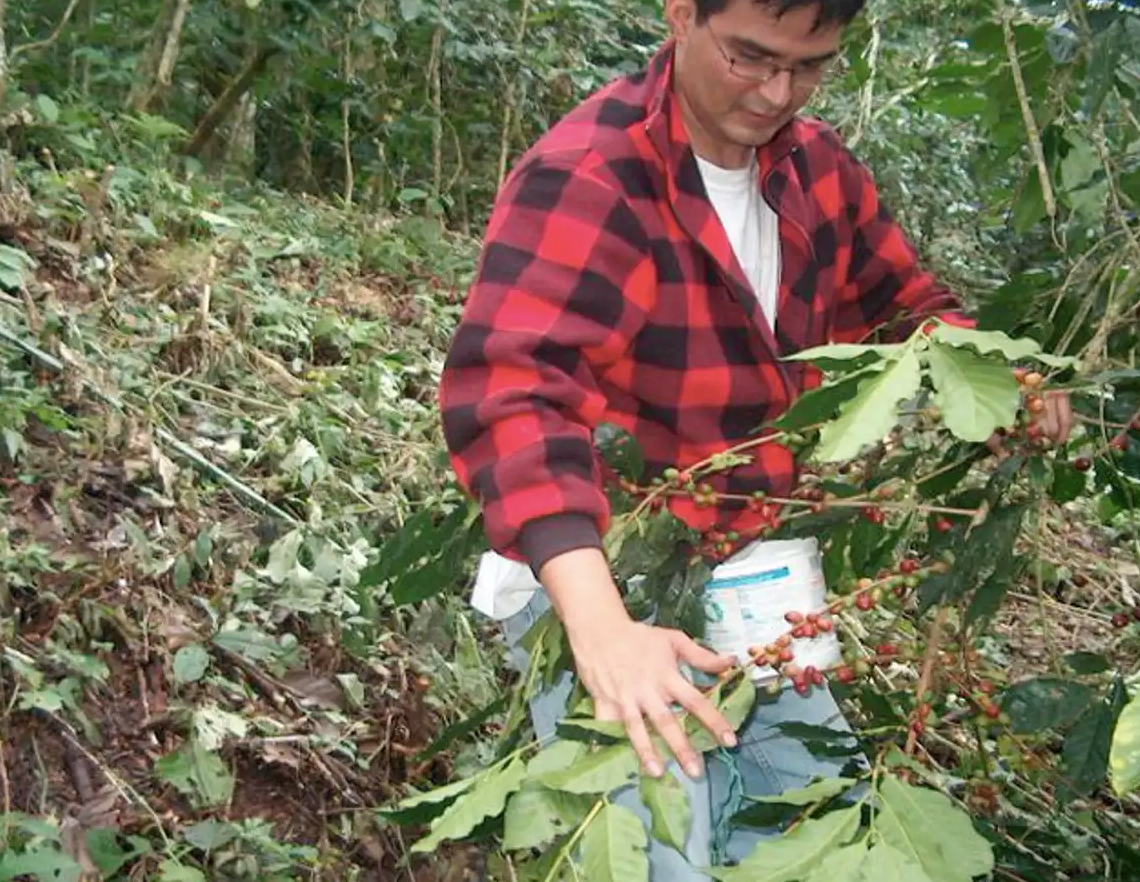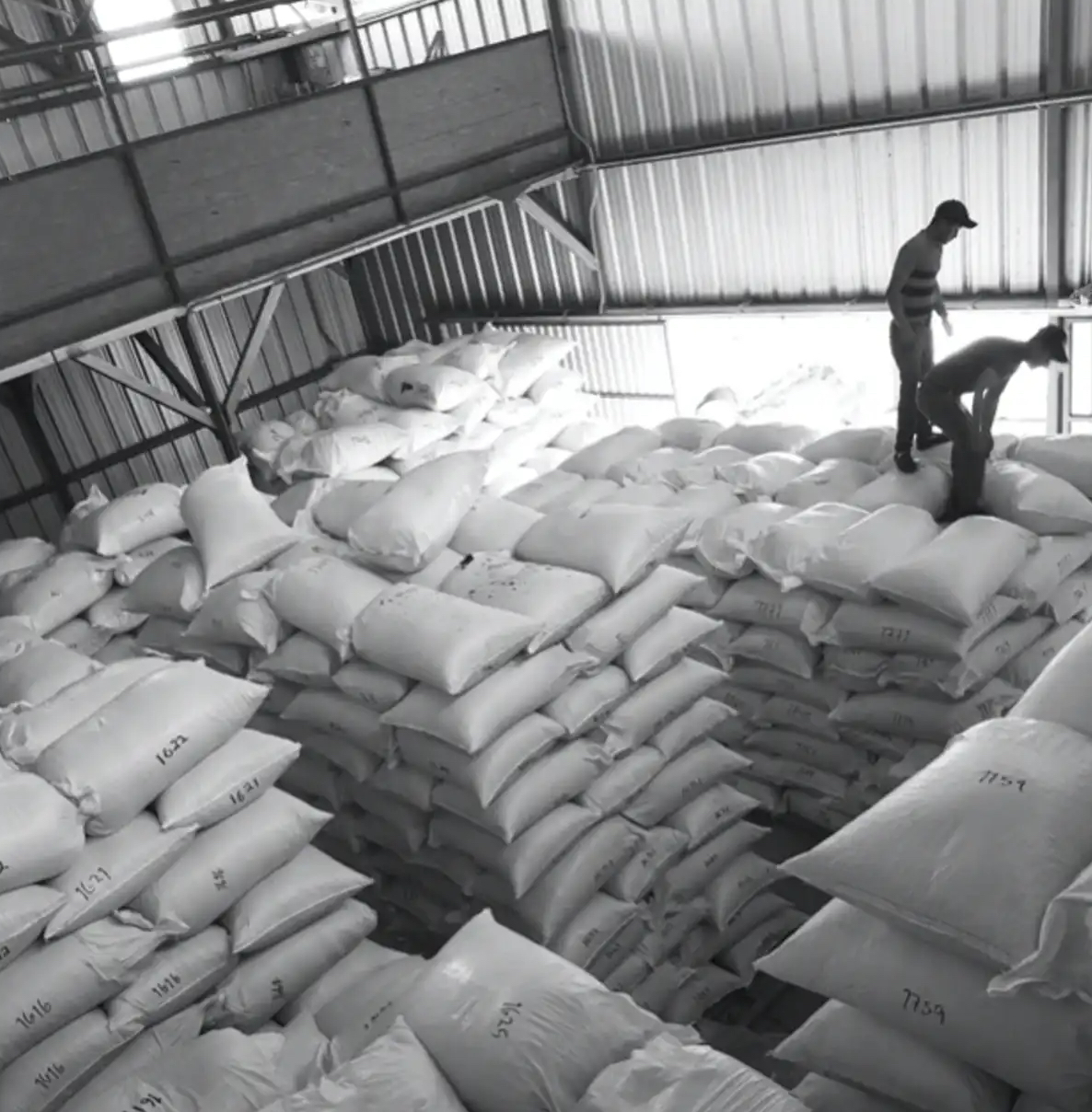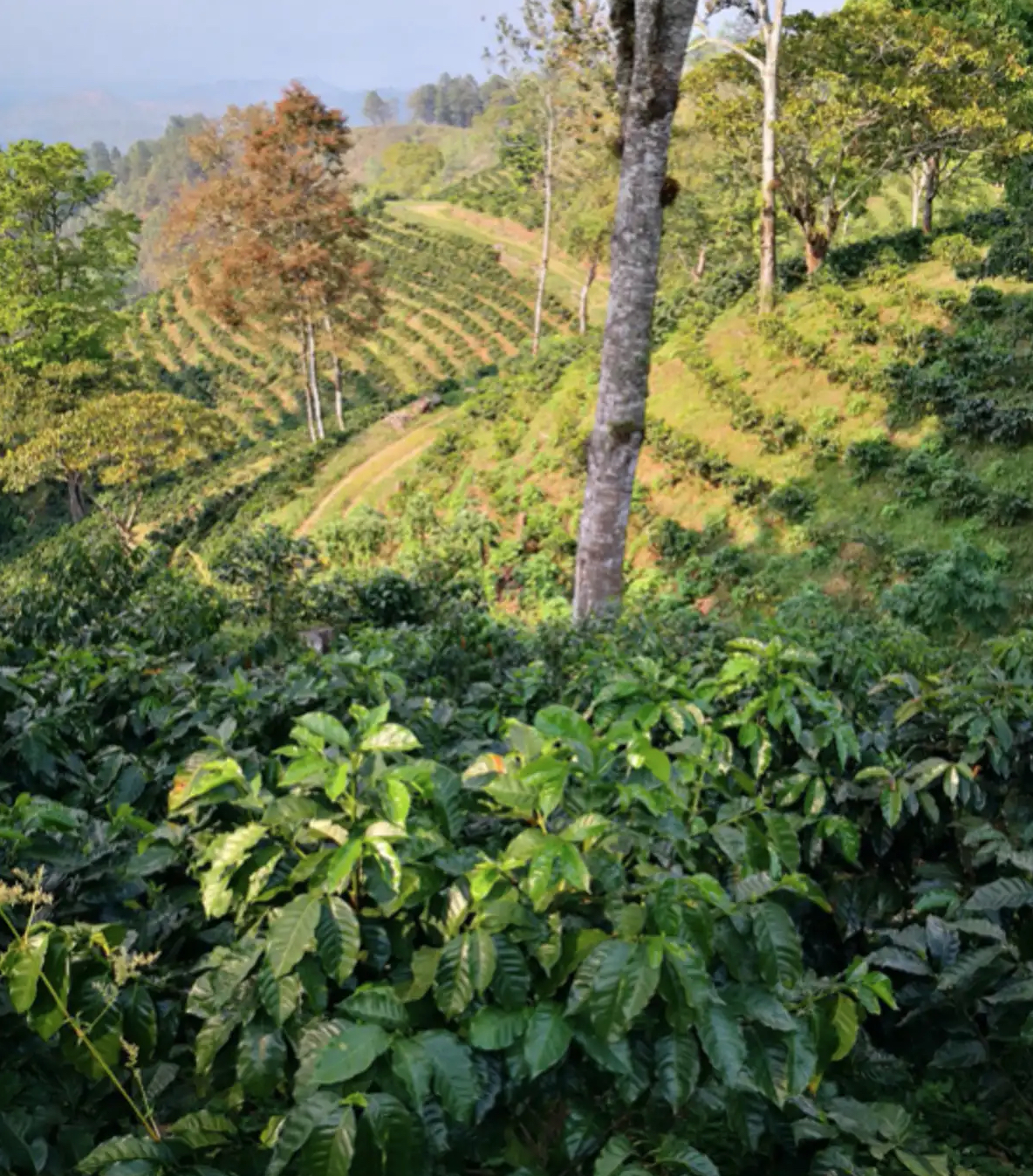I am a third-generation member of a farming family in Honduras. I fondly remember getting up before dawn every day and riding several miles on the back of a mule to join in the family coffee harvest.
You get involved in everything from tasting the coffee berries to see if they are ready, to picking and preparing them for drying in the sun. Every family has its own recipe for a final product: in our case, we would harvest cinnamon bark from trees on the farm and blend it with the ground beans.
My family is one of thousands that provide the world with its daily dose of caffeine by supplying beans with all their distinctive flavors to roasters and baristas everywhere. In normal times, around two billion cups of coffee are consumed worldwide every day.
But the coffee business has been hit hard by COVID-19 — particularly producers like my family who are dedicated to cultivating high-quality coffee for export. They are not used to selling coffee within the country and are not diversified into other agricultural products. Due to the pandemic, the government has imposed restrictions that have prevented millions of sacks of coffee from being exported.
Honduras is the sixth-largest coffee producer in the world, and several growers have achieved record prices in international coffee auctions in the past decade, and awards for the quality of their coffee. This has helped coffee-farming families to develop solid commercial relationships with buyers large and small.
I contacted coffee-producing families in different areas of Honduras to talk about how they are getting by. They were experiencing unprecedented business disruption. Many farmers have seen their incomes swept away, and are having to dig deep to survive. Yet I was surprised at the resilience being shown by the people I talked to. Here are some of their stories:
Café Aruco: the cooperative
Donaldo Gonzalez is the general manager of Café Aruco, a large coffee cooperative of over 200 farmers in the northwest of Honduras:
We had just finished collecting the coffee harvest in the early months of 2020 and our main warehouse was full. Last year we exported coffee to seven countries. We sent about 40,000 sacks and we were looking to send a similar or higher quantity this year.
Most of our harvest was ready to be packed and shipped. The contracts were already signed for our coffee to go the UK, the US and other international destinations. But suddenly, everything had to stop. It was surreal when we received telephone calls from our international buyers saying we could not ship our products because they would not be offloaded.
Forced to cease trading and stay at home, Donaldo has been planting coffee trees with his children in the family farm. He has been [teaching] them “tricks of the trade” that were handed down to him and sharing the stories of previous generations — the sort of thing for which time is normally very limited in farmers’ incredibly long days.
He said the lockdown has been a chance for him and other busy farmers in the cooperative to reconnect with colleagues by phone. They have shared ideas about adapting their processes to prevent the spread of the virus.
They have been discussing ways of maximizing what they can sell locally — admittedly a much smaller market than export. This has flowed from efforts to help the country during the crisis, for example by giving coffee to local hospitals. Farmers in the cooperative are thinking about how to attract Hondurans from towns and cities to come and experience their coffee in its rural setting.
Our customers overseas are waiting to have our product in their shops and we are just waiting for the lockdown to be lifted. This crisis has allowed us to rethink how we can do business.
Café Papatoño: the family business
Leonardo Borjas is a third-generation member of a coffee-producing family in the southeast of the country. The family farms various other products, including livestock, and several years ago asked Leonardo to use his skills as an agricultural engineer to develop their coffee crop as a high-quality export.
In 2018 he introduced a range of gourmet roasted coffee products under the Café Papatoño brand, named after his grandfather, and started a high-end coffee shop under the same label. He told me:
As lockdown started we were facing challenging times. People would not be able to visit and purchase our products. We could not export anywhere. Also, international coffee prices remained low compared to previous years.
I have two choices. Either I allow this crisis to break me or it will allow me to break records. People in Honduras want coffee during the crisis. For some people coffee, is an affordable luxury. They are demanding coffee beans to grind at home or a good cup from our shop during lockdown.
Leonardo described how he has introduced changes such as backpacks so that motorcyclists can deliver his product to people’s doors, and a system to allow people to pay for coffee in rural areas by phone.
He is now struggling to cope with local demand, having seen that customers are choosing his coffee over alternatives from popular chains. It’s a big contrast to the warnings friends gave him in 2018 that he would have a hard time convincing people to pay extra.
He believes that customers are buying his coffee both because of its quality and because he’s now communicating its values and heritage in the packaging. As he puts it, “quality speaks for itself, and in times of crisis that voice is louder”.
As international customers remain on standby during the crisis, coffee-farming families that have invested in improving coffee quality and communicating their story effectively will hopefully re-emerge stronger when demand returns.
This article is republished from The Conversation under a Creative Commons license. Read the original article.
Allan Discua-Cruz
Dr. Allan Discua Cruz is a senior lecturer in the Department of Entrepreneurship and Strategy at Lancaster University Management School (LUMS). He is the current director of the MSc in International Business & Strategy and co-director of the Entrepreneurs-in-Residence programme. He is also a member of a fourth generation of a family in business and founding member of the Centre for Family Business at LUMS. His professional career developed in the public and private sector. His research has been published in journals such as Entrepreneurship Theory and Practice, Journal of Business Ethics, Entrepreneurship & Regional Development, International Small Business Journal, Cross Cultural & Strategic Management, Journal of Family Business Strategy, and Business History as well as in book and practitioner compilations.










Comment